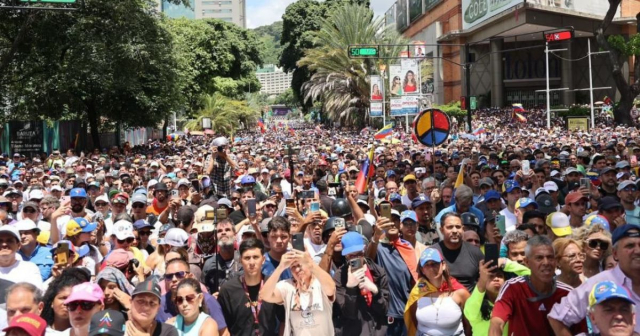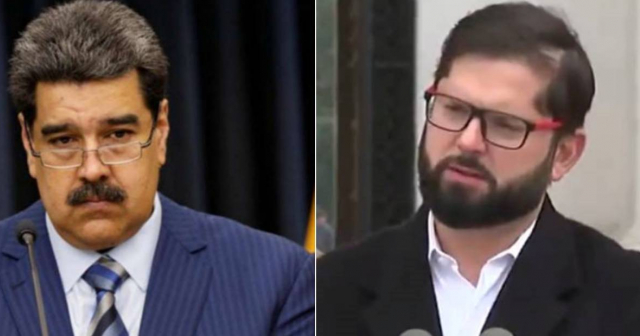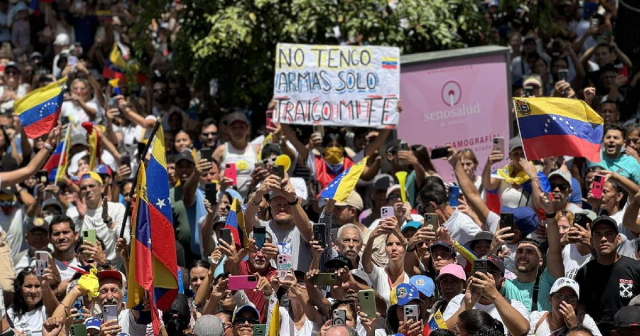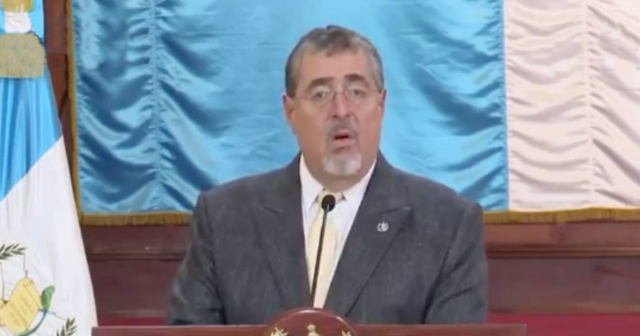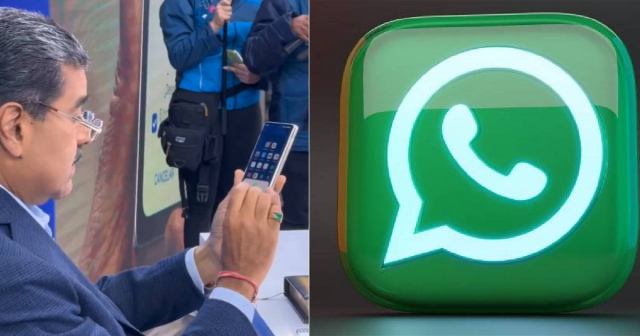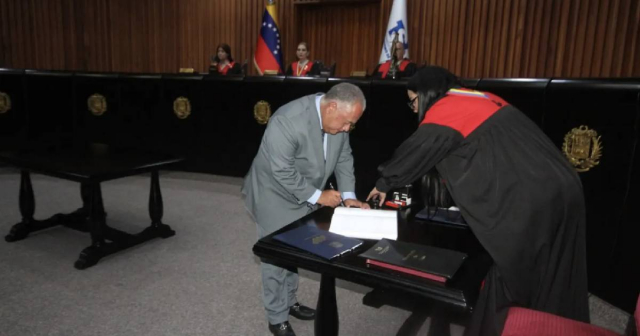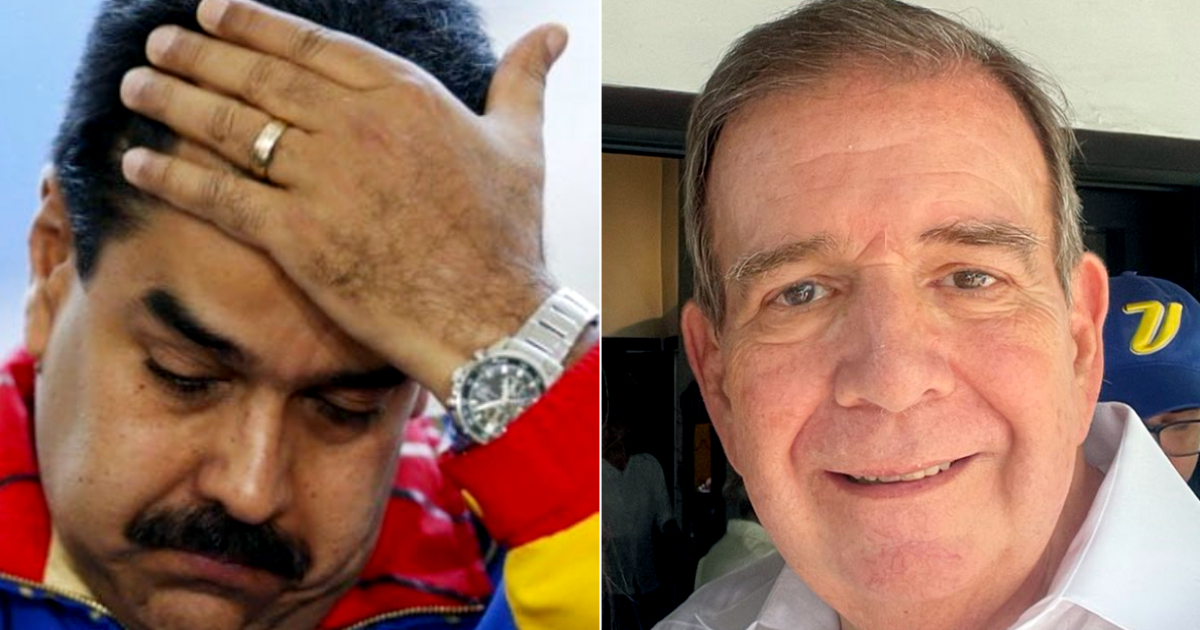
The United States would have offered the leader Nicolás Maduro a deal with broad guarantees for his person, provided that he accepts his defeat and begins a process of peaceful transition to democracy in Venezuela.
The Biden administration would be willing to offer the Venezuelan dictator "whatever he wants" as long as he stops the repression of opponents and protesters, presents the records validating the results of the past elections transparently, and acknowledges the will for change of the Venezuelan people.
The United States would be willing to give Maduro "whatever he wants" if he steps down, according to anonymous sources quoted by the prestigious British media The Economist. However, they admit that it is "unlikely" that the dictator will resign "unless he is pressured."
Other sources consulted by the newspaper suggested that the parties “might have to settle for holding new elections.” Nevertheless, “Machado and other opposition leaders would rightly oppose this,” they admitted.
Three factors would be influencing the possibility of Maduro accepting his defeat in the elections on July 28. The first would be "the internal unrest" that is beginning to manifest within his government.
They would then be weighing the positions of the governments in the region, and the conversations between the United States, Brazil, Mexico, and Colombia to respect the result of the ballots presented and endorsed by the opposition with over 80% of the counted votes made available to the public transparently, in contrast to the maneuvers of Maduro's regime to accuse the opposition of fraud, hacking, and other crimes without any credibility.
Finally, according to U.S. sources consulted by The Economist, the loyalty of the army to Maduro's regime could be experiencing some wear and internal erosion, pushing Maduro to sit at a negotiation table. This last hypothesis would be the weakest, considering the total control of the armed forces exercised by chavismo, advised by Havana in counterintelligence tasks and strategies of corruption directed at high-ranking military officials.
According to the cited media, the United States' offer to give the dictator "whatever he wants" would include the promise not to demand his extradition. The U.S. bet to unlock the governability of Venezuela includes high-level conversations with the leftist governments of Luiz Inácio Lula da Silva (Brazil), Andrés Manuel López Obrador (Mexico), Gustavo Petro (Colombia), and Gabriel Boric (Chile).
While the first three have maintained an ambiguous stance on the reported fraud of the Maduro regime in the presidential elections, with critical statements and demands for respect for democracy interspersed with calls for dialogue and negotiation, the government of the Chilean socialist Boric has been more forceful in its condemnation of the Maduro regime, regarding the electoral fraud committed and the repression unleashed after popular protests.
¿Qué opinas?
COMMENTFiled under:

